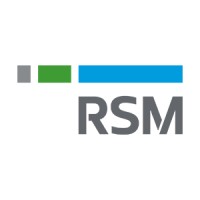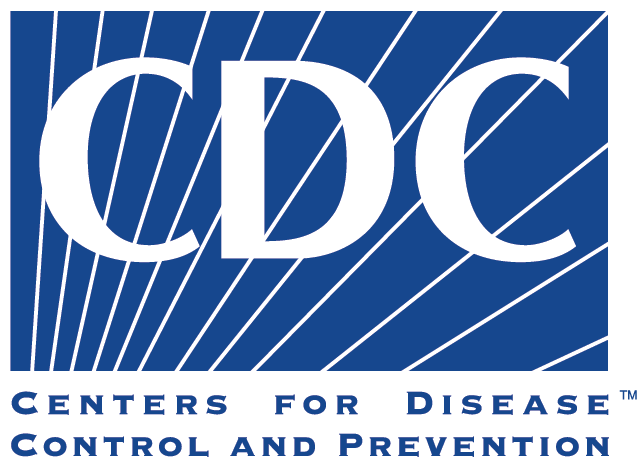Professionalism is a learned skill, not an innate quality. Often, recruiters can determine your level of professionalism within your first 5 minutes of speaking. Learning how to act professionally is something everyone must do at some point and is critical in today’s business world.
People dress and behave differently in different contexts. You would act much differently in your uniform on the field than if you were suited up in an office for a job interview. You wouldn’t high-five the interviewer, you would greet him or her with a firm handshake. Just as you would not do a victory dance in the manager’s office when offered a job (though it is perfectly acceptable to do this at home). A professional environment is governed by certain rules and codes of conduct just like an athletic game, a baby shower, and even a nighttime party. It would be extremely unprofessional, and not to mention awkward, to confuse “twerking” to be short for “networking” at your business networking picnic.
Professionalism is important as it affects hiring, retention, and promotion decisions. It’s about adapting to your environment and following the rules of the game. Being professional is about Being Your Best Self in your respective environment. The professional job seeker with a Bright Shiny Penny attitude is going to have much more success in the job search than someone who lacks professionalism and is constantly sad, tired, and or angry. They are more likely to retain their job and get promoted when they have learned to act professionally at work. A professional takes their job seriously, they can be trusted with responsibility and they respect the workplace and their co-workers. They keep their personal and professional lives separate. They wear clean, pressed, and appropriate clothing for their work environment, maintain good eye contact, and are polite.
Acting unprofessional can derail your career and impede your job search. This can include: wearing inappropriate clothing, speaking about inappropriate topics of discussion, using your cell phone on the job or during interviews, poor communication skills, and bad mouthing clients and coworkers. What does your behavior and mannerisms say about you? What messages are you giving others by the way to you act, speak, and dress? And in terms of appropriate attire, it is a good rule of thumb to dress one level above the job you are interviewing for. If you are going on for an interview for an office position then wearing a suit would be prudent. And if you’re interviewing for a restaurant, then business casual will do. Besides dressing right, acting professional during the interview is crucial. Small talk can be a good icebreaker because it will help to get to know your co-workers, but there are topics that should be off limits. These include politics, religion, and income. It should also be said that personal affairs should be left at home, and not be wandering around in the workplace.
Having coached and interviewed many clients in my professional career I can tell you the candidate who lacks in professionalism does not progress, no matter how qualified. For example, I had a client who looked amazing on paper; his resume outlined his skills perfectly; his cover letter was the perfect supplement to his resume by explaining why he wanted the job, why he was the best candidate, and it showed his skills with relevant examples and was a great sample of his writing ability. Where he had trouble was his lack of soft skills. Professionalism is one of many soft skills employers look for when making hiring and promotion decisions. He looked great on paper but when speaking to him in person he was not selling himself well. He would go into long diatribes regarding the government, and his demeanor was lethargic. When I brought up ideas to help him, he became cynical. These are not qualities of a professional and will not win over a hiring manager. Be aware of your mindset when going in to meet an employer or client. Mentally check yourself, are you putting your best foot forward? Are you being your best self?
All the different forms unprofessional behavior would present roadblocks in one’s professional development but there is one thing they all have in common, you can control them. This ability to develop professionally is inherent within everyone. I teach this topic along with many others in my professional career and I am delighted to see my clients grow empowered to move ahead in their careers.
-Andrew R. Ko
www.yourbestselfcoach.net






